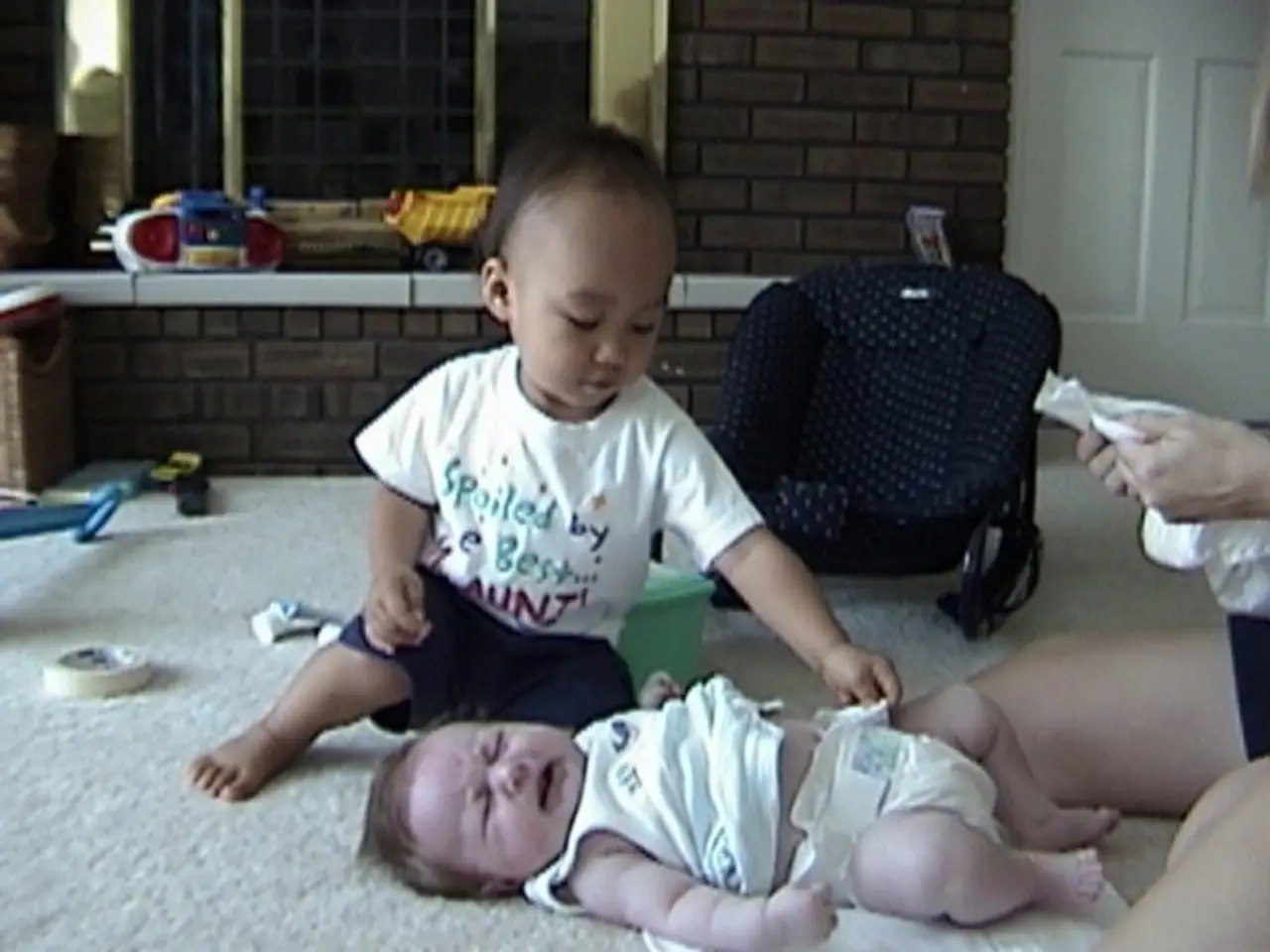Struggling between Anxiety and Depression: Symptoms, Treatment Options, and Further Insights
In the realm of mental health, anxiety disorders and depression are two conditions that often intertwine, causing significant challenges for those affected. This article aims to shed light on the similarities and differences between these two conditions, their causes, and potential treatment methods.
Both anxiety and depression can manifest in various ways, causing a range of physical symptoms such as headaches, stomach issues, muscle tension, fatigue, appetite changes, sleep disturbances, difficulty concentrating, irritability, and physical agitation or restlessness. However, there are distinct differences between the two conditions.
Anxiety is characterised by excessive worry about the future, racing thoughts, overthinking decisions and conversations, nervous energy, muscle tension (e.g., tight chest, clenched jaw), difficulty sleeping due to unresolved thoughts, and a pervasive sense of fear or dread. On the other hand, depression features a sense of hopelessness about the future, difficulty making decisions, lack of motivation, feelings of heaviness ("moving through thick mud"), reduced or excessive sleep with persistent exhaustion, loss of interest or pleasure in activities once enjoyed, and persistent low mood.
The origins of these conditions can vary. Anxiety disorders often arise from a combination of genetics, brain chemistry imbalances, personality traits, and environmental stressors or trauma. Depression, however, can be triggered by stressful or traumatic events (situational depression) or occur as a clinical mood disorder without an obvious external stressor.
When it comes to treatment, common ground is found in psychotherapy (especially Cognitive Behavioral Therapy, CBT) and medications to balance brain chemicals such as serotonin and norepinephrine. CBT, for instance, can help individuals with anxiety manage negative thought patterns, face anxiety triggers through exposure therapy, and practice mindfulness techniques. For those with depression, psychotherapy can include CBT and other supportive talk therapies. Antidepressants are widely used for both conditions, with the severity determining the treatment duration or combinations (situational vs. clinical depression).
It is essential to note that both anxiety and depression are often comorbid, making accurate diagnosis and tailored treatment essential. Resources like the Anxiety & Depression Association of America provide a wealth of information and support for individuals living with these conditions.
Help is readily available for those experiencing anxiety, depression, or both. Services such as the 988 Lifeline, Crisis Text Line, Befrienders Worldwide, and local emergency services offer support and assistance.
In conclusion, while anxiety disorders and depression share overlapping symptoms, understanding their key differences and similarities is crucial in providing effective treatment and support. It is important to remember that seeking medical advice is crucial in limiting the effects of these conditions on work, relationships, and life.
Mental health-and-wellness and science have collaborated to identify symptoms of anxiety and depression, often found to be interlinked. Anxiety, characterized by excessive worry, racing thoughts, and physical agitation, is distinct from depression, which brings a sense of hopelessness, lack of motivation, and persistent low mood.
The root causes of anxiety and depression can differ; genetics, brain chemistry imbalances, and environmental stressors or trauma may all contribute to anxiety disorders, while depression may be triggered by stressful events or occur as a clinical mood disorder. In therapy, Cognitive Behavioral Therapy (CBT) is a common treatment method for both conditions, while medications that balance brain chemicals like serotonin and norepinephrine are used for their management.




